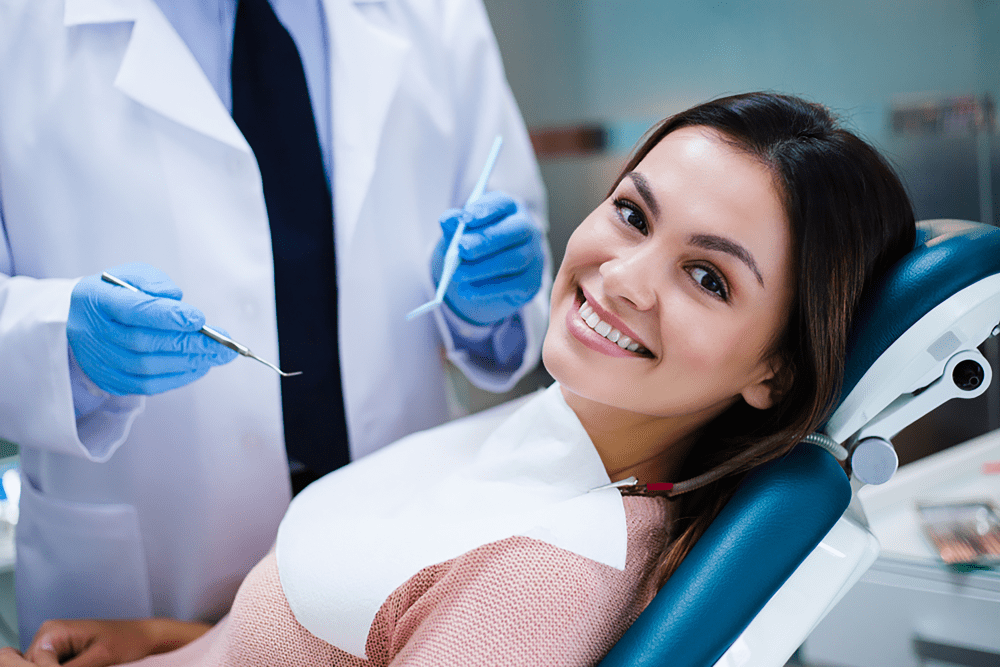Dental offices require the highest standards of cleanliness and hygiene to protect patients, staff, and practitioners from infections and to maintain a sterile environment for dental procedures. The nature of dental treatments means that these facilities are potentially exposed to various pathogens, including bacteria and viruses. Implementing a comprehensive and professional cleaning regimen is essential not only for compliance with health regulations but also for building trust and confidence with patients. Here’s an in-depth look at maintaining optimal hygiene in dental offices through professional cleaning.
Understanding the Stakes
In dental offices, the risk of cross-contamination is heightened due to the exposure to bodily fluids such as saliva and blood. Surfaces like dental chairs, operating lights, and even door handles can become vectors for disease transmission if not properly sanitized. Therefore, maintaining a rigorous cleaning protocol is paramount to prevent the spread of infectious diseases such as influenza, the common cold, hepatitis, and even COVID-19.
Daily Cleaning Procedures
Surface Disinfection: All surfaces that come into contact with staff and patients must be cleaned and disinfected between each appointment. This includes dental chairs, countertops, handles, and dental equipment. Use EPA-registered disinfectants that are capable of killing a broad spectrum of bacteria and viruses, and ensure that cleaning staff follow the correct dwell times for each product to be effective.
Instrument Sterilization: Dental instruments that penetrate soft tissue or bone are classified as critical and must be sterilized using autoclaves. Non-critical instruments that come into contact with intact skin should be disinfected after each use. It’s crucial that the staff responsible for cleaning and sterilization are well-trained and adhere to the strict protocols necessary to ensure all instruments are safe for use.
Floor Cleaning: Dental office floors should be vacuumed and mopped with a disinfectant daily to remove any potential contaminants that might have fallen during procedures. Special attention should be given to areas that are not easily accessible but can harbor germs and debris.
Periodic Deep Cleaning
Beyond daily maintenance, periodic deep cleans are necessary to address areas that are not part of the daily cleaning routine. This includes:
-
Ventilation Systems: Regular cleaning of HVAC systems to ensure they are not circulating contaminated air.
-
Upholstery and Fabric: Chairs and other fabric-covered surfaces should undergo regular professional cleaning to remove stains and potential pathogens.
-
Light Fixtures and Ceilings: These should be cleaned to remove any dust accumulation, which can be a medium for germs.
Special Considerations for Dental Offices
-
Handling Hazardous Waste: Dental offices often produce hazardous waste that requires proper disposal. Professional cleaners must be trained in the handling and disposal of such materials following local regulations.
-
Privacy and Security: Cleaning personnel must be trustworthy and respectful of the confidential nature of the areas in which they work, particularly in patient treatment areas.
Training and Awareness
Training is crucial for any staff involved in cleaning dental offices. They must be educated about the specific risks and required standards of a dental practice, including understanding the implications of various pathogens and the importance of maintaining patient confidentiality.
Professional cleaning services in dental offices are not just about maintaining a visually appealing space but ensuring a safe and sterile environment for both patients and healthcare providers. By adhering to stringent cleaning protocols, using appropriate cleaning agents, and ensuring all staff are adequately trained, dental practices can safeguard against infections and provide a safe, welcoming environment for all.
Ensure your dental practice meets the highest standards of cleanliness and hygiene to protect your patients and staff. Implement a rigorous and professional cleaning regimen to maintain a safe and sterile environment. Remember, a clean dental office is a cornerstone of patient care and trust.


